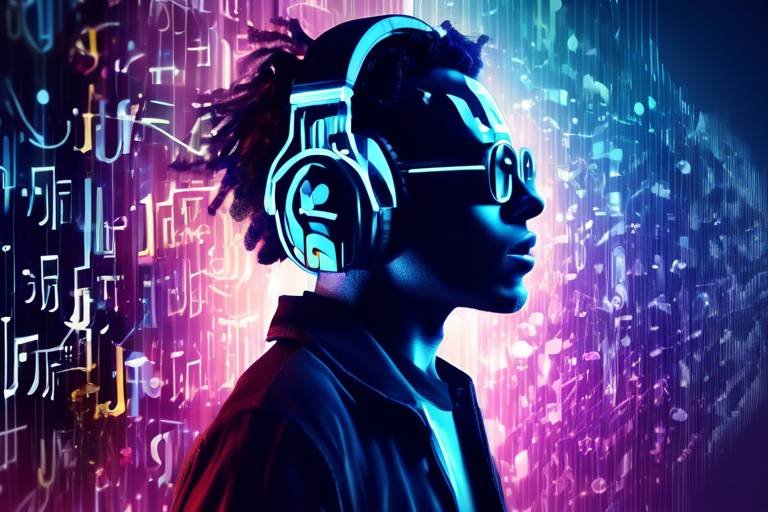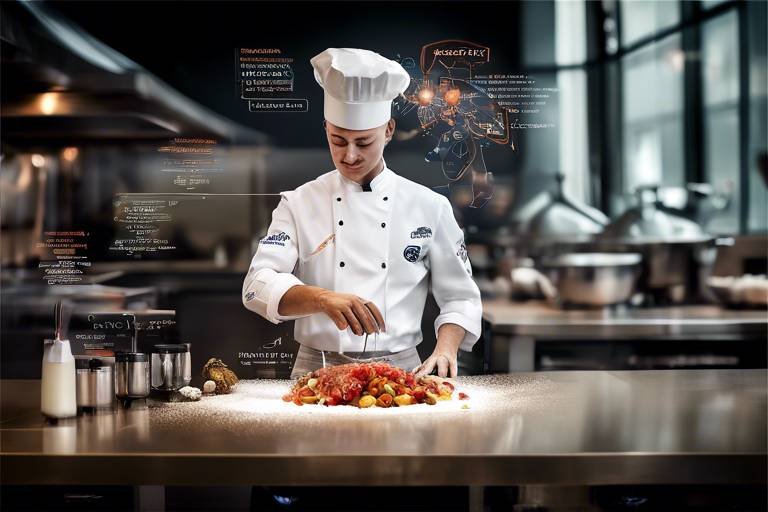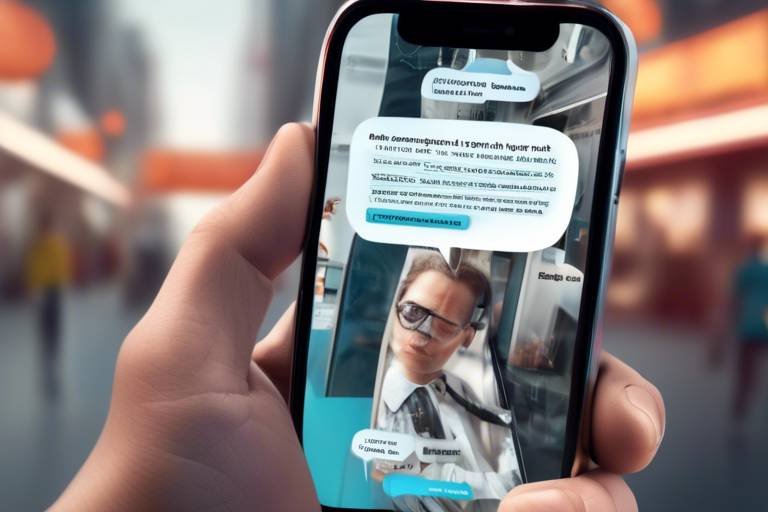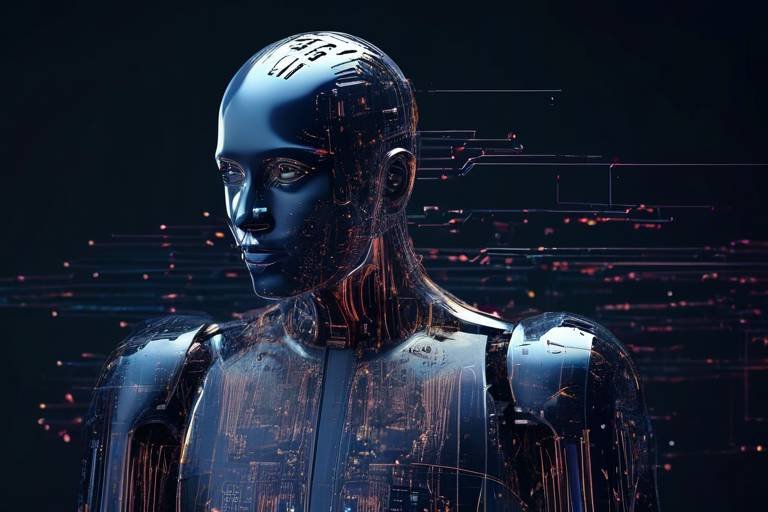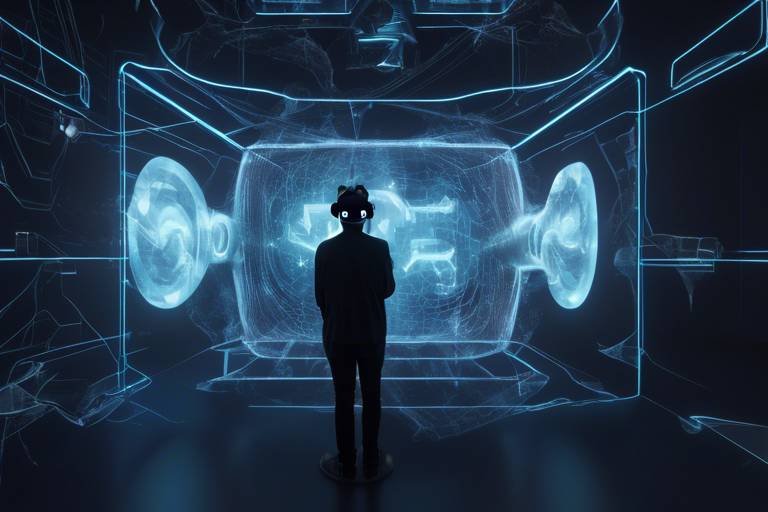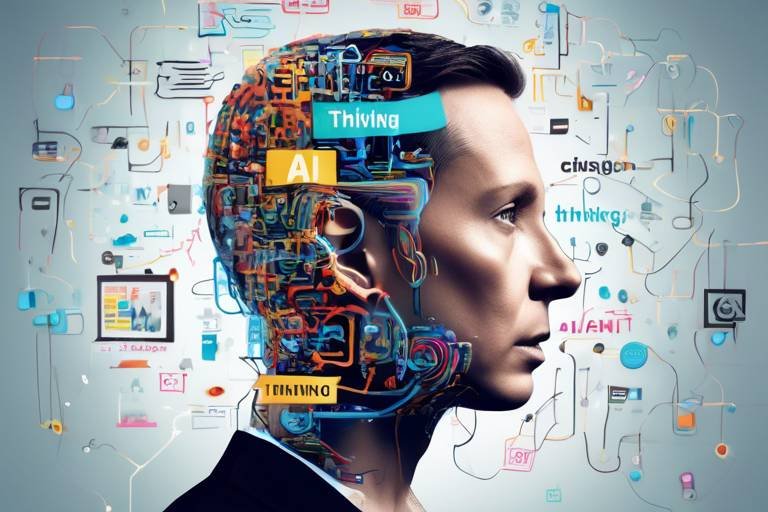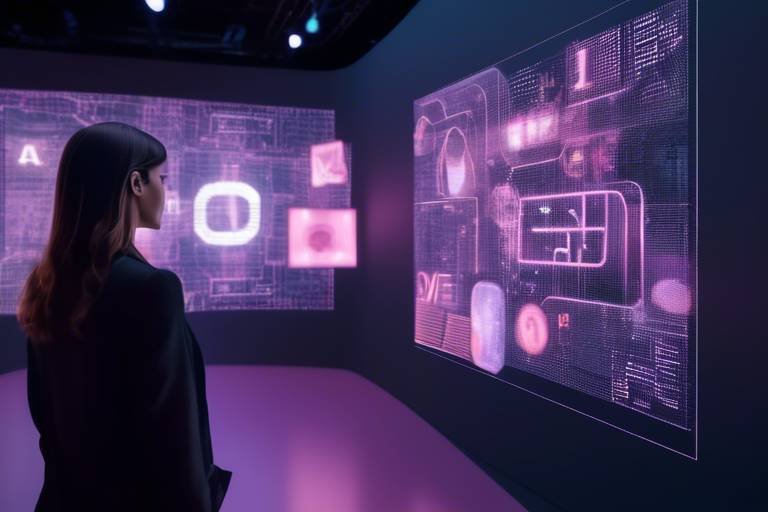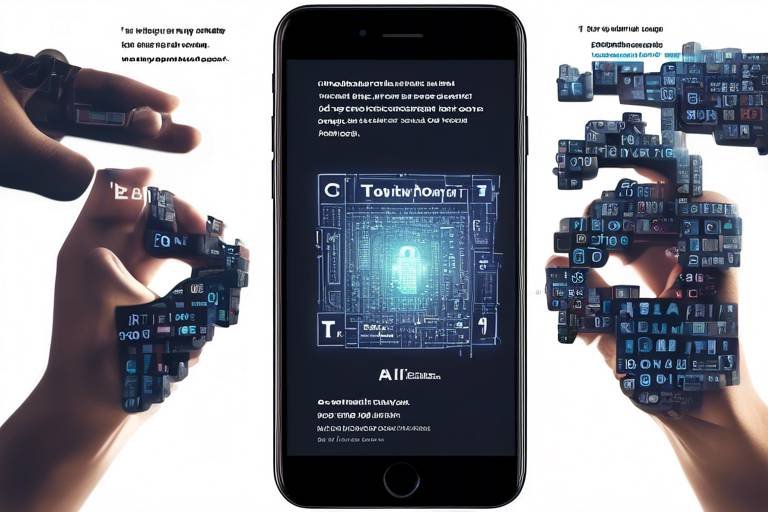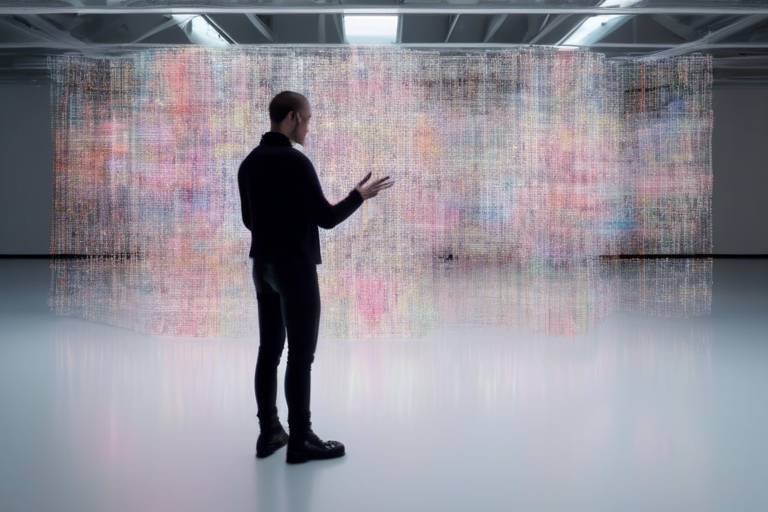Future of Concerts: AI in Music Tours
The world of music is on the brink of a revolutionary transformation, and at the heart of this change is artificial intelligence. Imagine standing in a crowded arena, your favorite band is about to take the stage, and suddenly, the lights dim, and an AI-generated visual spectacle begins to unfold, perfectly synchronized with the music. This isn't just a dream; it's the future of concerts. With the integration of AI into the music industry, we are witnessing an evolution that enhances not only the performances themselves but also the entire concert experience for fans. From innovative soundscapes to personalized interactions, AI is reshaping how we engage with music and artists.
As we dive deeper into this exciting topic, it's essential to understand that AI is not merely a tool for artists; it's becoming an integral part of the entire concert ecosystem. Whether it's through data analytics that tailor experiences to individual preferences or through machine learning algorithms that enhance security and ticketing processes, AI is paving the way for a new era in live music. So, what does this mean for the future of concerts? Buckle up, because we’re about to explore a world where technology and artistry collide in spectacular ways.
AI technology is becoming increasingly integrated into music creation and performance. Today, artists are leveraging AI tools to enhance their creative processes, allowing them to produce innovative sounds that were previously unimaginable. For instance, AI can analyze vast amounts of musical data to identify trends, enabling artists to create music that resonates with contemporary audiences. Furthermore, AI-driven software can suggest chord progressions, melodies, and even lyrics, acting as a collaborative partner for musicians. This fusion of human creativity and machine intelligence not only expands the artistic palette but also encourages experimentation, leading to unique and groundbreaking musical compositions.
Imagine attending a concert where every aspect is tailored just for you. Thanks to AI, this dream is becoming a reality. By utilizing data analytics and machine learning, concert organizers can analyze past behaviors and preferences of attendees to create customized experiences. For example, if a fan frequently attends rock concerts, they might receive special offers for upcoming rock shows or even exclusive meet-and-greet opportunities with their favorite bands. This level of personalization not only enhances audience satisfaction but also ensures that every show feels unique and memorable.
AI-driven ticketing systems are revolutionizing how fans purchase tickets. Gone are the days of waiting in long lines or refreshing web pages in hopes of snagging a ticket. With AI, the buying process is streamlined, making it easier and faster for fans to secure their spots at concerts. Additionally, these systems help reduce scalping by implementing smart algorithms that detect and prevent fraudulent purchases. This means that genuine fans have a better chance of getting tickets at fair prices, benefiting both artists and attendees alike.
One of the most fascinating applications of AI in the concert industry is dynamic pricing. This innovative model adjusts ticket prices based on real-time demand, ensuring that prices reflect the popularity of an event. While this can sometimes lead to higher costs for last-minute purchases, it also allows for more affordable options for early buyers. This approach not only maximizes revenue for artists and venues but also makes concerts more accessible to a broader audience.
Security is a top priority in the ticketing world, and AI technologies are stepping up to the plate. By employing advanced machine learning algorithms, ticketing platforms can detect suspicious activities and prevent fraudulent transactions. This ensures a safer experience for fans, allowing them to enjoy the excitement of concerts without the fear of being scammed. With AI at the helm, the concert-going experience is becoming more secure and trustworthy.
AI is not just a behind-the-scenes player; it's also enhancing live performances in remarkable ways. Artists are now using AI tools to create immersive and interactive shows that captivate audiences like never before. From real-time visual effects that respond to the music to AI-generated backing tracks that complement live performances, the possibilities are endless. Imagine a concert where the visuals adapt to the energy of the crowd, creating a dynamic atmosphere that evolves throughout the night. This level of interactivity not only engages fans but also elevates the overall concert experience.
Engaging with fans through AI is becoming a game-changer for artists. Social media platforms are leveraging AI algorithms to analyze audience behavior, allowing artists to connect with their fans on a deeper level. By understanding what content resonates most with their audience, musicians can create targeted marketing campaigns that foster genuine connections. Additionally, chatbots are being utilized to maintain fan loyalty, answering questions and providing updates in real-time. This constant engagement keeps fans excited and invested in their favorite artists.
AI algorithms analyze audience behavior on social media platforms, providing artists with invaluable insights into their fan base. This data allows them to tailor their content and marketing strategies effectively. For instance, if an artist notices that their followers are particularly engaged with behind-the-scenes content, they can prioritize sharing more of that type of material. This not only keeps fans entertained but also strengthens their connection to the artist.
Combining AI with virtual reality offers fans an unprecedented way to experience concerts. With VR technology, audiences can attend live shows from the comfort of their homes, making concerts accessible to those who may not be able to travel. Imagine putting on a VR headset and finding yourself front row at your favorite band's concert, surrounded by other fans, all without leaving your living room. This innovative approach expands the reach of artists and enhances fan engagement, creating a new frontier in live music.
- How is AI changing the music industry?
AI is transforming the music industry by enhancing music creation, personalizing concert experiences, and improving ticketing processes. - What are smart ticketing solutions?
Smart ticketing solutions use AI to streamline the ticket purchasing process and reduce fraud. - Can AI create music?
Yes, AI can analyze musical patterns and assist artists in creating new compositions. - What is dynamic pricing?
Dynamic pricing adjusts ticket prices based on demand, ensuring fair pricing for both fans and artists.
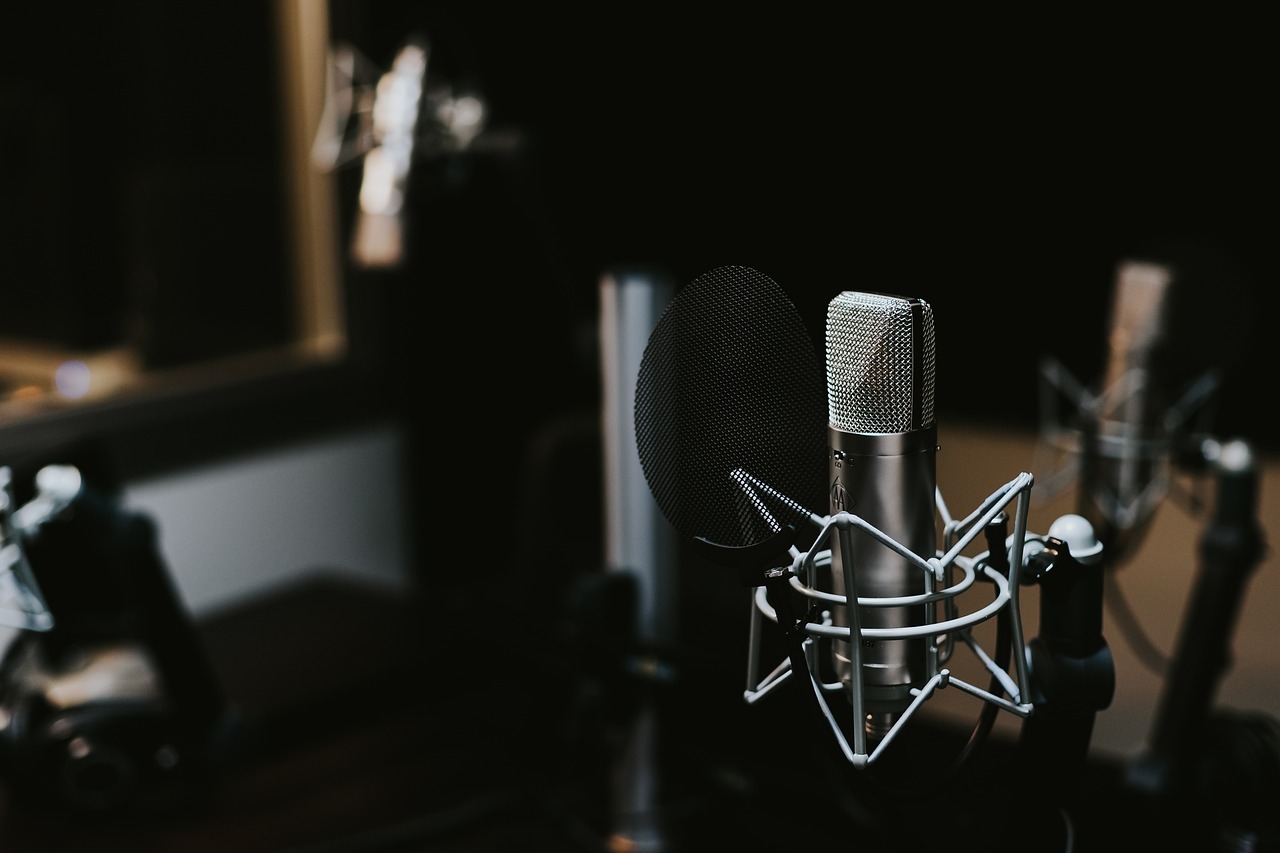
The Rise of AI in Music
Artificial Intelligence is not just a buzzword anymore; it's rapidly becoming a crucial player in the music industry. Imagine a world where your favorite artists can create music that resonates with your emotions, all thanks to AI technology. This is not science fiction—it's happening right now! From composing to producing, AI tools are revolutionizing how music is created and performed. Artists are leveraging these advanced technologies to enhance their creative processes, resulting in innovative sounds and a richer musical experience.
For instance, AI algorithms can analyze vast amounts of musical data, identifying patterns and trends that human creators might overlook. This capability allows musicians to experiment with new genres and styles, pushing the boundaries of traditional music. It's like having a creative partner who never sleeps, tirelessly suggesting fresh ideas and arrangements. Artists such as Taryn Southern and Holly Herndon are already using AI to compose tracks, showcasing how technology can blend seamlessly with human creativity.
Moreover, the integration of AI into music creation isn't limited to just composition. It extends to sound engineering and production as well. Tools powered by AI can automatically mix and master tracks, saving artists time and allowing them to focus on their core passion—making music. Imagine a world where the tedious aspects of music production are handled by intelligent software, leaving the artist free to pour their heart and soul into their work. This not only enhances the quality of the music but also accelerates the entire creative process.
Additionally, AI can analyze listener preferences and behaviors, providing artists with invaluable insights into what resonates with their audience. By understanding trends and tastes, musicians can create music that is more likely to connect with their fans. It's akin to having a backstage pass to the audience's mind! This data-driven approach can lead to more engaging and relevant music, ensuring that artists remain in tune with their listeners.
As we look to the future, the role of AI in music is only expected to grow. With advancements in machine learning and data analytics, we can anticipate even more groundbreaking innovations. From personalized playlists to fully AI-generated concerts, the possibilities are endless. The rise of AI in music is not just a trend; it's a transformation that is reshaping the industry and redefining what it means to be a musician in the digital age.
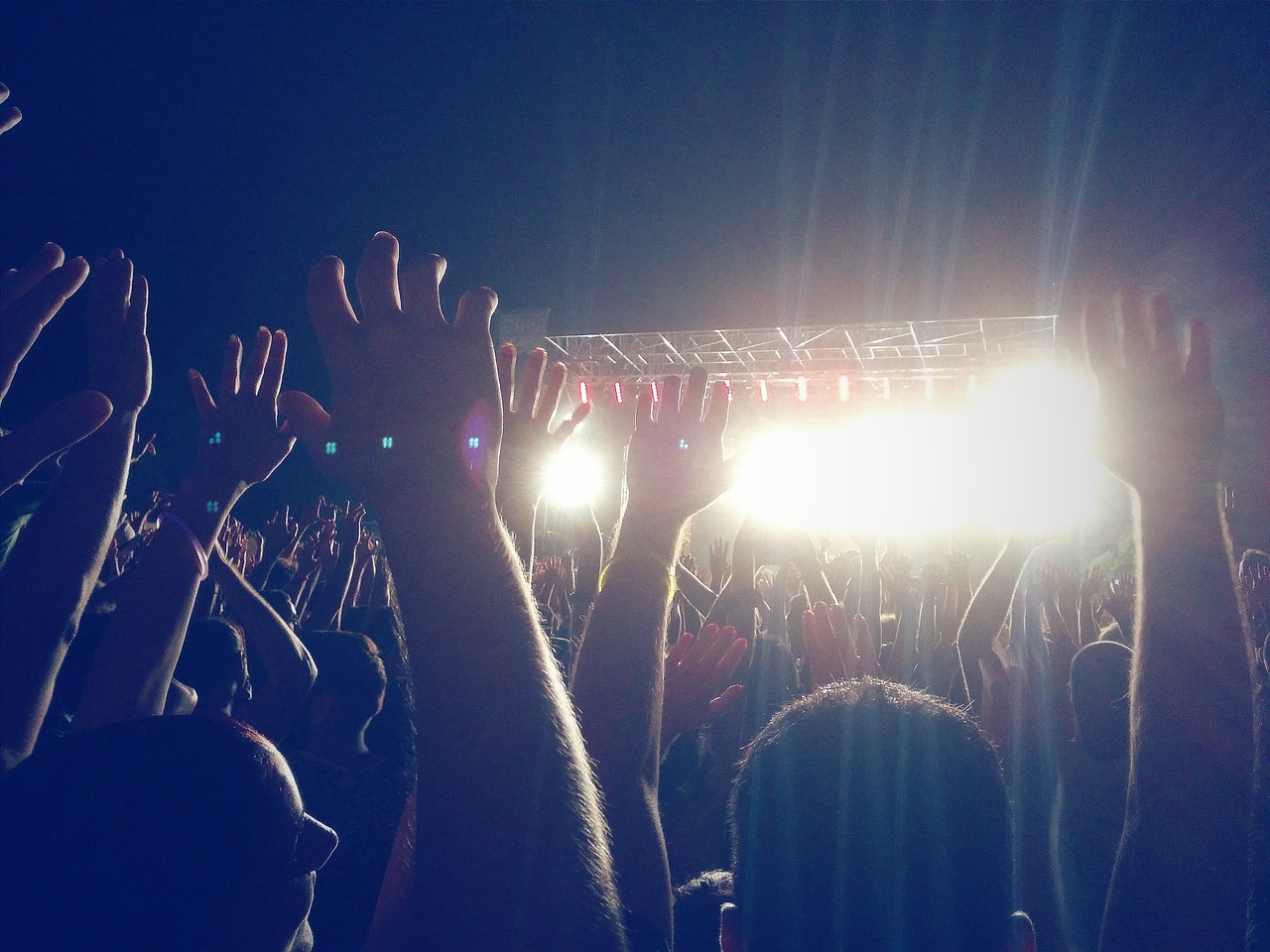
Personalized Concert Experiences
Imagine stepping into a concert venue where every detail has been tailored just for you. Sounds like a dream, right? Well, thanks to artificial intelligence, this is becoming a reality! AI is revolutionizing the way we experience live music, making concerts not just events, but personalized journeys. From the moment you purchase your ticket to the final encore, AI is working behind the scenes to ensure that each performance feels uniquely yours.
One of the key ways AI achieves this is through data analytics. By analyzing audience preferences and behaviors, AI systems can provide insights that help artists and promoters understand what fans want. For instance, if a particular artist notices that a significant number of their fans love a specific genre or song, they can tailor their setlist accordingly. This means that no two concerts are exactly alike, creating a sense of excitement and anticipation for attendees who want to experience something special.
Moreover, AI can enhance the overall concert experience through customized interactions. Picture this: you arrive at the venue, and your ticket has already been scanned. But instead of just being directed to your seat, you receive a personalized greeting on your mobile device, perhaps even a video message from the artist thanking you for attending. This level of interaction not only makes you feel valued as a fan but also deepens your connection to the music and the artist.
In addition to personalized greetings, AI can also help create immersive environments. For example, using machine learning algorithms, venues can adjust lighting and sound based on the audience's reactions in real-time. If the crowd is particularly energetic during a specific song, the system could enhance the lighting effects or amplify certain sound elements to elevate the experience even further. This creates a dynamic atmosphere that resonates with the audience, making them feel like an integral part of the performance.
Another exciting aspect of personalized concert experiences is the potential for interactive fan engagement. Artists can use AI to create apps that allow fans to vote on setlists, request songs, or even participate in live polls during the show. This kind of engagement transforms passive listeners into active participants, fostering a sense of community among concertgoers. Imagine being at a concert where you can influence the music being played right then and there!
As we look to the future, the possibilities for personalized concert experiences are truly limitless. With advancements in technology, we can expect even more innovative approaches to how concerts are designed and experienced. Whether it's through virtual reality integrations, augmented reality enhancements, or AI-driven recommendations, the concert experience is set to become more personalized and engaging than ever before.
In summary, AI is not merely a tool for enhancing music; it is a game-changer for how we experience live performances. By leveraging data analytics, creating interactive environments, and fostering community engagement, AI is paving the way for a new era of concerts that are not just attended but truly experienced. So, the next time you're at a concert, take a moment to appreciate the personalized touches that make the event uniquely yours!
- How does AI personalize concert experiences?
AI uses data analytics to understand audience preferences and tailor performances accordingly, creating unique setlists and interactions. - Can fans influence the concert experience?
Yes! Through interactive apps, fans can vote on songs, request tracks, and engage in live polls during the show. - What technologies enhance the concert atmosphere?
AI can adjust lighting and sound in real-time based on audience reactions, creating a dynamic and immersive experience.
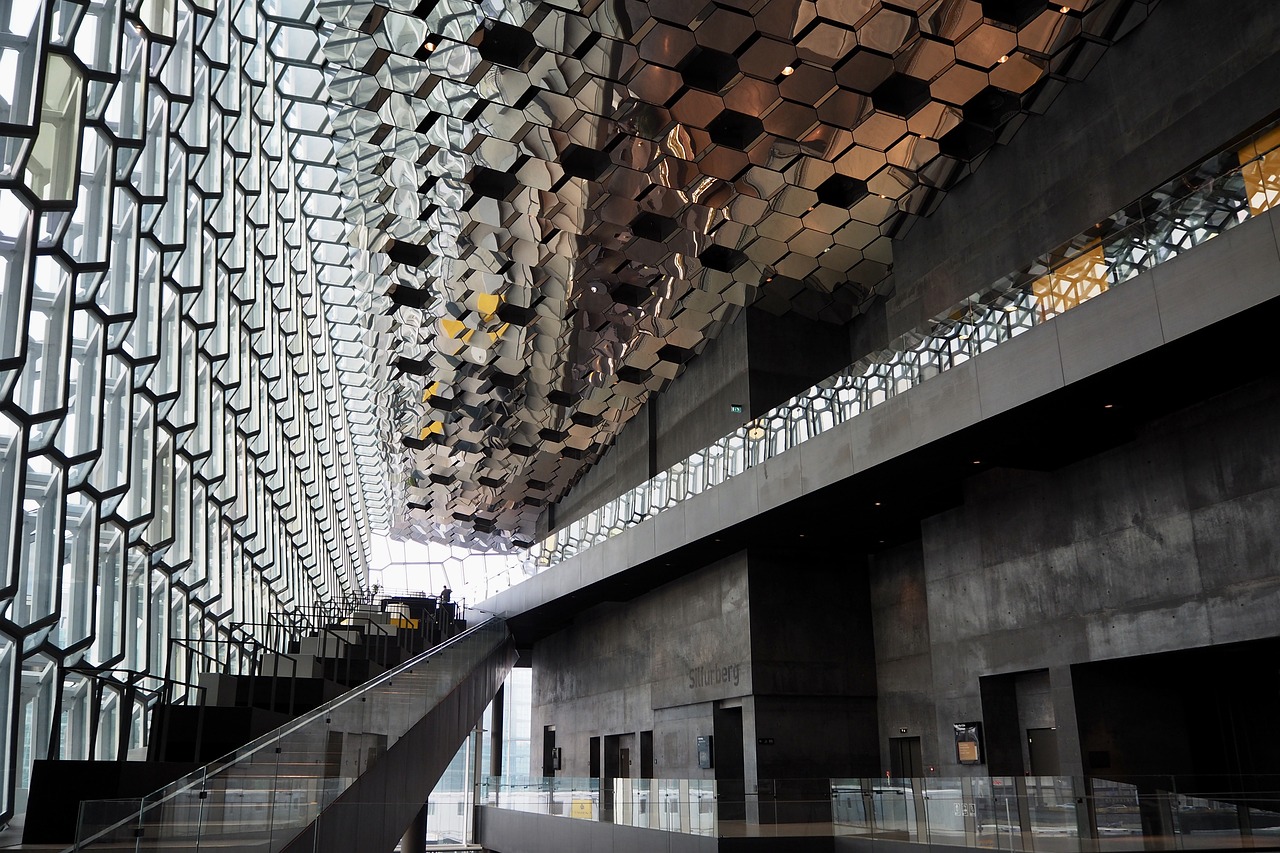
Smart Ticketing Solutions
In the fast-paced world of live entertainment, are emerging as a game-changer for both artists and fans alike. Imagine a world where buying concert tickets is as easy as clicking a button, without the fear of missing out or falling victim to scalpers. Thanks to the integration of artificial intelligence in ticketing systems, this dream is becoming a reality. AI-driven platforms analyze vast amounts of data to streamline the ticket purchasing process, making it more efficient and user-friendly.
One of the standout features of these smart ticketing solutions is their ability to predict demand. By utilizing machine learning algorithms, ticketing platforms can forecast which events are likely to sell out quickly. This allows fans to make informed decisions about when to purchase their tickets. No more guessing games or endless refreshing of web pages! With AI's predictive capabilities, concertgoers can secure their spots with confidence.
Additionally, these systems are designed to combat ticket scalping, a persistent issue in the live music industry. By implementing anti-scalping measures, AI can monitor ticket sales in real-time and flag suspicious activities. For instance, if a single user is attempting to purchase an excessive number of tickets, the system can automatically limit their transactions. This not only protects fans but also ensures that artists receive fair compensation for their work.
Moreover, smart ticketing solutions offer a level of personalization that was previously unheard of. By analyzing user preferences and past purchasing behavior, AI can recommend concerts tailored to individual tastes. Imagine receiving alerts for your favorite artists' upcoming shows, or even exclusive access to presale tickets based on your listening habits! This kind of personalized engagement enhances the overall concert experience, making fans feel valued and connected to the artists they love.
To illustrate the impact of these smart ticketing solutions, consider the following table that highlights key features:
| Feature | Description |
|---|---|
| Predictive Analytics | Forecasts demand for events to help fans purchase tickets at the right time. |
| Anti-Scalping Measures | Monitors transactions to prevent bulk buying and scalping activities. |
| Personalized Recommendations | Suggests concerts based on user preferences and past behavior. |
| Real-Time Alerts | Notifies fans about ticket availability and upcoming events. |
In conclusion, smart ticketing solutions powered by AI are revolutionizing the way fans engage with live music. By making the ticket purchasing process more efficient, personalized, and secure, these innovations are ensuring that concert experiences are not only enjoyable but also accessible to a wider audience. As technology continues to evolve, we can only expect these solutions to become even more sophisticated, further enhancing the connection between artists and their fans.
- What are smart ticketing solutions? Smart ticketing solutions are AI-driven platforms that streamline the ticket purchasing process, enhance user experience, and combat ticket scalping.
- How does AI help in preventing scalping? AI monitors ticket transactions in real-time, flagging suspicious activities and limiting bulk purchases to ensure fair access for all fans.
- Can I get personalized concert recommendations? Yes! Smart ticketing solutions analyze your preferences and past behavior to recommend concerts that match your interests.
- Are these solutions secure? Absolutely! AI technologies enhance security measures, making the ticket purchasing process safer for fans.
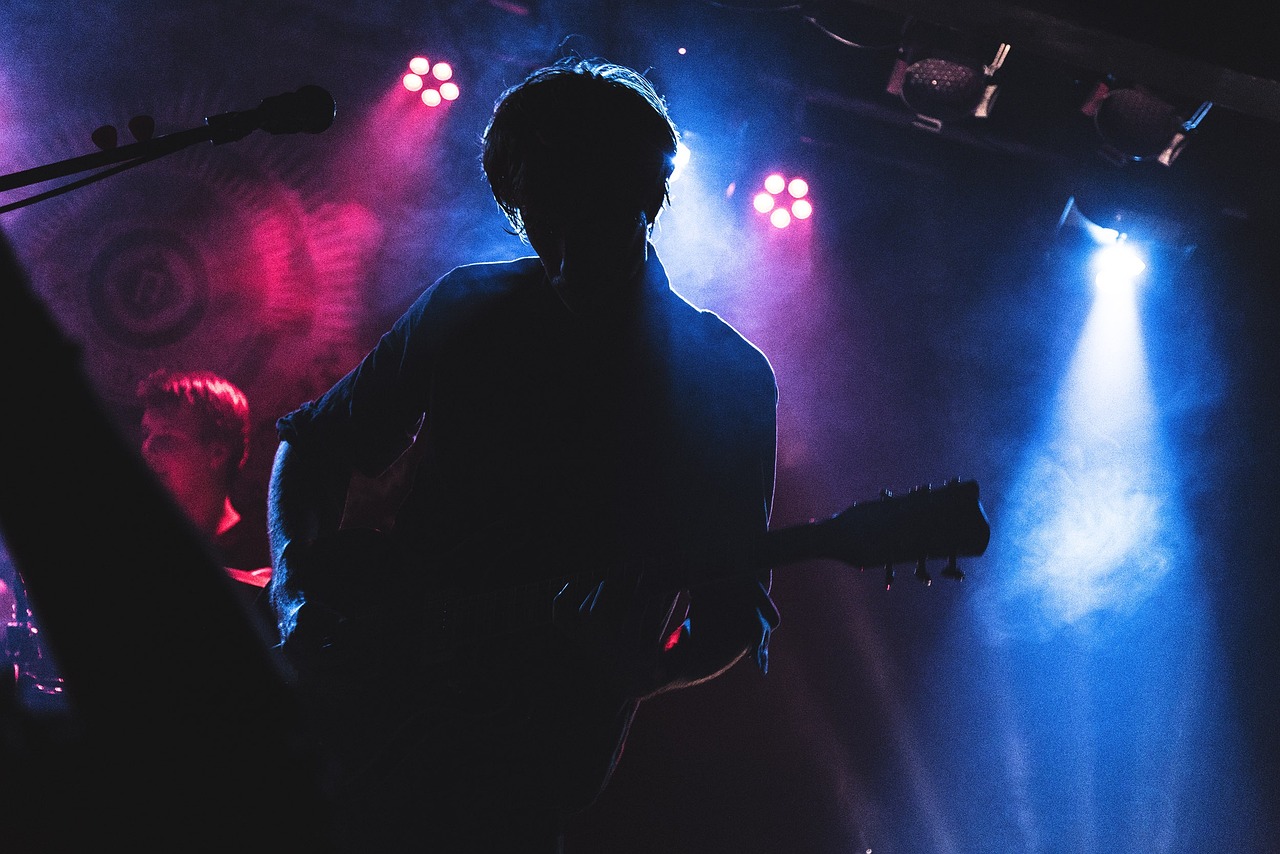
Dynamic Pricing Models
Dynamic pricing models are transforming the way tickets are sold for concerts and events, leveraging the power of artificial intelligence to adjust prices in real-time based on demand. Imagine walking into a concert venue and realizing that the ticket price you see is not just a fixed number, but a fluid figure that changes with the ebb and flow of demand. This innovative approach can create excitement and urgency among fans, as they know that the earlier they purchase their tickets, the better the price they will get.
At its core, dynamic pricing is akin to the stock market; prices fluctuate based on various factors such as popularity, time until the event, and even weather conditions. For example, if an artist’s latest album is topping the charts, ticket prices for their upcoming concerts may soar. On the flip side, if an artist is struggling with their latest release, prices might drop to attract more attendees. This model not only maximizes revenue for artists and venues but also enhances accessibility for fans who might otherwise be priced out of attending.
One of the most significant benefits of dynamic pricing is its ability to create a more equitable ticketing environment. Traditional ticket sales often lead to scalpers buying up large quantities of tickets and reselling them at inflated prices. However, with AI-driven dynamic pricing, the system can detect unusual buying patterns and adjust accordingly, making it harder for scalpers to profit. This means that genuine fans have a better chance of securing tickets at a fair price, which is a win-win for both the audience and the artists.
Here's a simple breakdown of how dynamic pricing works:
| Factor | Impact on Pricing |
|---|---|
| Demand | Higher demand leads to increased prices. |
| Time Until Event | Prices may increase as the event date approaches. |
| Artist Popularity | Popular artists often command higher ticket prices. |
| Market Trends | Emerging trends can influence price adjustments. |
While dynamic pricing offers numerous advantages, it’s essential for artists and promoters to communicate transparently with fans. If concertgoers feel that they are being manipulated or taken advantage of, it could lead to backlash and harm the artist's reputation. Therefore, a balance must be struck between maximizing revenue and maintaining a loyal fanbase. In this new landscape of concert ticketing, transparency and communication are key.
As we look to the future, the integration of AI in dynamic pricing models is likely to evolve further. With advancements in machine learning, these systems will become even more sophisticated, analyzing a broader range of data points to make accurate predictions about ticket pricing. This means that the concert experience will not only be more accessible but also more tailored to the audience’s needs and preferences.
- What is dynamic pricing? Dynamic pricing is a strategy where ticket prices fluctuate based on demand, time until the event, and other market factors.
- How does AI influence dynamic pricing? AI analyzes vast amounts of data to predict demand and adjust ticket prices in real-time.
- Are dynamic pricing models fair to fans? Yes, when implemented transparently, they can provide fairer access to tickets and reduce scalping.
- Can I get a refund if the price drops after I buy a ticket? This depends on the ticketing policy of the event; some may offer refunds or credits for price drops.
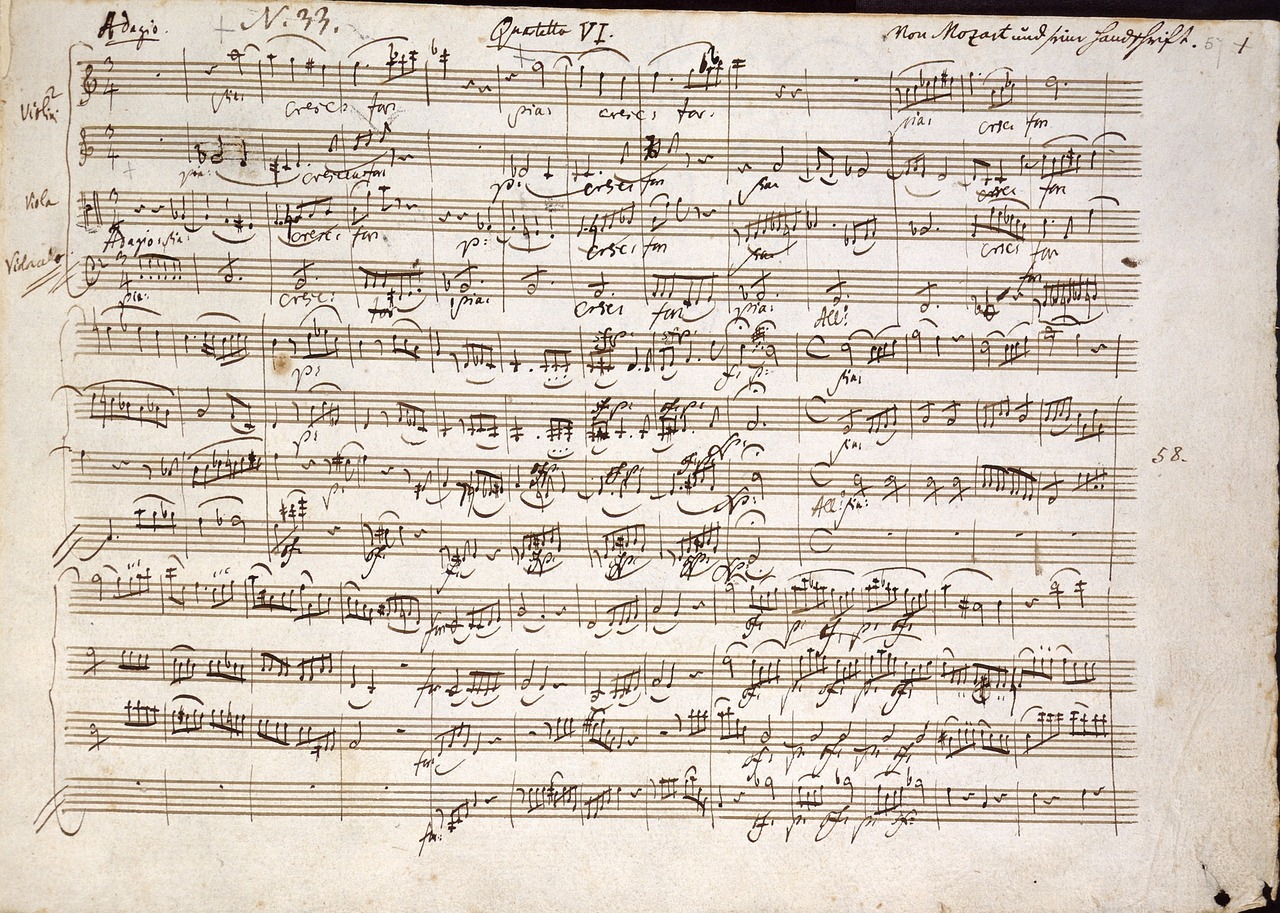
Fraud Prevention Techniques
In the ever-evolving world of concert ticketing, fraud prevention has become a top priority for both artists and fans. With the rise of online ticket sales, the landscape has become a breeding ground for fraudulent activities, from counterfeit tickets to scalping schemes. However, thanks to the advancements in artificial intelligence, the music industry is now equipped with robust tools to combat these issues effectively.
One of the key strategies involves the use of machine learning algorithms that can analyze vast amounts of data in real-time. These algorithms are designed to detect patterns that may indicate fraudulent behavior. For instance, if a particular IP address attempts to purchase a large number of tickets within a short time frame, the system can flag this activity as suspicious and either block the transaction or require additional verification steps.
Moreover, AI systems can also monitor the resale market by tracking ticket sales across various platforms. This monitoring helps identify and shut down scalping operations, which often exploit fans by reselling tickets at inflated prices. By analyzing the pricing trends and identifying unusual spikes, AI can provide insights that help ticketing companies take proactive measures against scalpers.
Another innovative technique involves the use of biometric verification. Imagine walking up to the venue and being able to enter simply by scanning your face or fingerprint. This technology not only streamlines the entry process but also ensures that the ticket holder is indeed the rightful owner of the ticket, significantly reducing the chances of fraud. Additionally, integrating blockchain technology into ticketing systems offers an extra layer of security. Each ticket can be registered on a blockchain, creating a tamper-proof record of ownership that can be easily verified.
In conclusion, as the concert experience becomes more intertwined with technology, the implementation of AI-driven fraud prevention techniques is crucial. These innovations not only protect the interests of artists and venues but also enhance the overall experience for fans, ensuring that they can enjoy their favorite shows without the fear of being scammed.
- How does AI detect fraudulent ticket purchases? AI analyzes purchasing patterns and flags suspicious activities, such as multiple purchases from the same IP address.
- What role does blockchain play in ticketing? Blockchain provides a secure, tamper-proof record of ticket ownership, making it easier to verify authenticity.
- Can biometric verification be used at all venues? While it's gaining popularity, the implementation of biometric systems varies by venue and technology availability.
- Are there penalties for scalping tickets? Yes, many jurisdictions have laws against scalping, and violators can face fines or legal action.
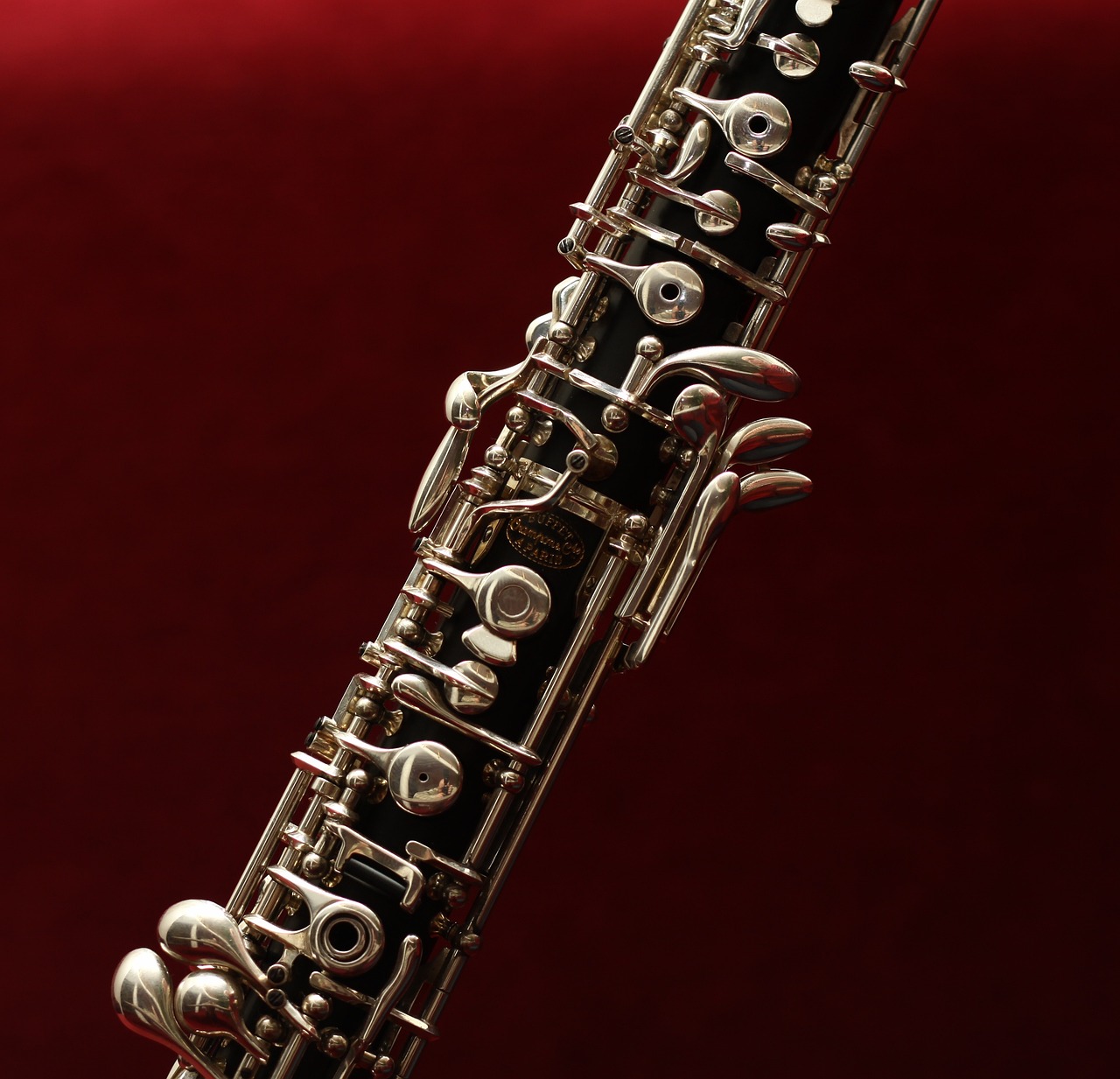
Enhanced Live Performances
Imagine stepping into a concert where the music isn't just heard, but felt in every fiber of your being. Thanks to artificial intelligence, this dream is becoming a reality. AI is revolutionizing live performances, enabling artists to create shows that are not only visually stunning but also deeply immersive. With the integration of AI technologies, artists are now able to enhance their performances in ways that were previously unimaginable.
For instance, AI can analyze audience reactions in real-time, adjusting the performance dynamically to match the energy of the crowd. This means that if the audience is particularly enthusiastic during a certain song, the artist can extend that moment, adding solos or improvisations that keep the excitement alive. It's like having a personal DJ who knows exactly what you want to hear, right when you want to hear it!
Moreover, AI tools can assist in creating breathtaking visual effects that synchronize perfectly with the music. Imagine a light show that responds to the beat of the drums or a visual backdrop that transforms based on the lyrics being sung. This level of synchronization creates a multi-sensory experience that captivates audiences and makes each concert feel unique. The use of AI in visual design not only enhances the overall aesthetic but also immerses fans in a narrative that unfolds throughout the performance.
Additionally, AI can facilitate the incorporation of augmented reality (AR) elements into live shows. This technology allows fans to experience the concert in a whole new dimension, where digital overlays can provide additional context or interactive features. For example, during a performance, fans could point their smartphones at the stage and see animated graphics or lyrics that enhance their understanding and enjoyment of the song. This blend of the physical and digital worlds opens up endless possibilities for creativity and engagement.
Furthermore, AI-driven analytics can help artists understand which elements of their performances resonate most with audiences. By collecting data on audience engagement and preferences, artists can refine their shows, ensuring that each performance is tailored to the crowd's tastes. This feedback loop not only helps in planning future concerts but also fosters a deeper connection between the artist and their fans.
In summary, the integration of AI into live performances is transforming the concert experience. From real-time audience analysis to stunning visual effects and augmented reality, AI is enabling artists to create shows that are not only entertaining but also memorable. As technology continues to evolve, we can only imagine the incredible innovations that await us in the future of live music.
- How does AI enhance live performances? AI analyzes audience reactions, adjusts performances in real-time, and creates stunning visual effects that synchronize with the music.
- What role does augmented reality play in concerts? AR allows fans to interact with digital overlays during performances, enhancing their experience and understanding of the show.
- Can AI help artists understand their audience better? Yes, AI-driven analytics provide insights into audience engagement, helping artists tailor their performances to fan preferences.

AI-Driven Audience Engagement
Engaging with fans has always been a crucial aspect of the music industry, but with the rise of artificial intelligence, this engagement is reaching new heights. Imagine attending a concert where the artist knows exactly what songs you want to hear, or where the marketing feels so tailored that it resonates with your personal tastes. That's the magic of AI-driven audience engagement! By analyzing vast amounts of data, AI helps artists understand their fans on a much deeper level. This means that not only are artists able to create more relevant content, but they can also foster stronger connections with their audience.
One of the most exciting developments in this area is the use of social media algorithms. These algorithms sift through user interactions, likes, and shares to create a profile of what content resonates most with specific audiences. For artists, this means they can tailor their messages, marketing strategies, and even their setlists based on real-time feedback from fans. For example, if a certain song gets a lot of buzz on social media, an artist might decide to include it in their next live performance. This creates a dynamic relationship between the artist and their fans, making each concert feel more personalized and exciting.
Moreover, AI-powered chatbots are becoming invaluable tools for maintaining fan loyalty. These chatbots can engage with fans 24/7, answering questions about upcoming shows, providing personalized recommendations, or even sharing exclusive content. Imagine getting a message from your favorite artist's chatbot, telling you about a surprise pop-up concert in your city! This level of interaction not only enhances the fan experience but also keeps the audience engaged long after the concert is over.
Another fascinating aspect of AI in audience engagement is the integration of virtual reality (VR) experiences. With the combination of AI and VR, fans can attend concerts from the comfort of their homes, feeling as if they are right there in the front row. This technology allows artists to reach a broader audience, transcending geographical barriers. Fans who may not have been able to attend a concert in person can now experience the thrill of live music in an immersive virtual setting. This not only enhances fan engagement but also opens new revenue streams for artists.
To sum it up, AI is revolutionizing how artists connect with their fans. By leveraging data analytics, social media insights, and interactive technologies, musicians can create a concert experience that feels uniquely tailored to each individual. As we look to the future, it's clear that AI will continue to play a pivotal role in shaping the way we experience music, making every concert a memorable event.
- How does AI improve audience engagement at concerts?
AI analyzes fan behavior and preferences, allowing artists to tailor their performances and marketing strategies to resonate more deeply with their audience. - Can AI create personalized concert experiences?
Yes! AI can use data to customize setlists and interactions, making each concert feel unique to the attendees. - What role do chatbots play in fan engagement?
Chatbots provide instant communication with fans, answering questions and sharing exclusive content, which keeps fans engaged and connected. - How does virtual reality impact concert attendance?
VR technology allows fans to enjoy concerts from anywhere in the world, expanding the reach of artists and providing immersive experiences.
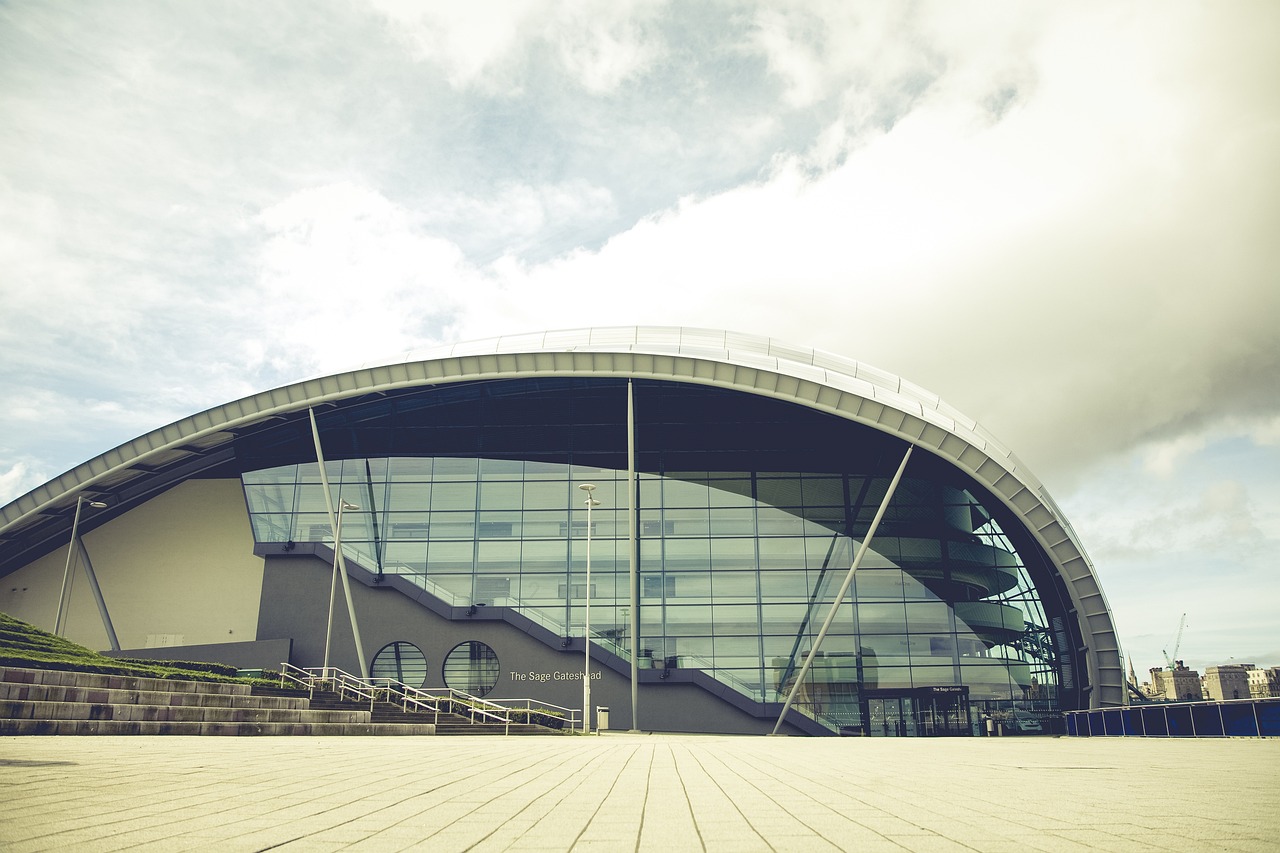
Social Media Integration
In today's digital age, has become a vital component of how artists connect with their fans. Imagine being able to reach out to your favorite band with just a tweet or a comment on their latest Instagram post. This direct line of communication is not just a dream; it's a reality fueled by the power of artificial intelligence. Artists are leveraging AI to analyze audience behavior on various platforms, which helps them craft personalized content that resonates with their followers.
AI algorithms are designed to sift through vast amounts of data, identifying trends and preferences among fans. For instance, they can determine what types of posts generate the most engagement or what times are best for posting to maximize visibility. This data-driven approach allows artists to create targeted marketing campaigns that speak directly to their audience's interests. As a result, fans feel more connected to the artists they love, fostering a sense of community and loyalty.
Moreover, the integration of AI in social media doesn’t stop at content creation. It extends to fan interactions as well. Chatbots powered by AI can handle inquiries, provide concert updates, and even engage fans in conversations, making it feel like they’re part of an ongoing dialogue with their favorite musicians. This level of engagement not only keeps fans informed but also enhances their overall experience, making them feel valued and appreciated.
Here's a quick look at how AI enhances social media integration for artists:
| Feature | Benefit |
|---|---|
| Data Analysis | Identifies fan preferences and behaviors for tailored content. |
| Targeted Marketing | Increases engagement and conversion rates through personalized campaigns. |
| Chatbots | Provides instant responses and keeps fans engaged 24/7. |
As we move forward, it's clear that the fusion of AI and social media will only deepen. Artists who embrace these technologies will not only enhance their connection with fans but also create a more immersive and interactive experience. Imagine attending a concert where you can interact with the performance in real-time through social media—this is the future that awaits us!
- How does AI improve fan engagement on social media?
AI analyzes user behavior to create personalized content and interactions, making fans feel more connected to artists. - What role do chatbots play in artist-fan interactions?
Chatbots provide immediate responses to fan inquiries and keep them engaged with timely updates. - Can AI help artists reach a wider audience?
Yes, AI-driven targeted marketing campaigns can help artists connect with new fans by tailoring their content to specific demographics.

Virtual Reality Experiences
This article explores how artificial intelligence is transforming the concert experience, enhancing performances, and reshaping audience engagement in the music industry. Discover the future trends and innovations that await music lovers.
AI technology is becoming increasingly integrated into music creation and performance. This section discusses how AI tools are being utilized by artists to enhance their creative processes and produce innovative sounds.
With AI, concertgoers can enjoy tailored experiences. This section examines how data analytics and machine learning are used to customize performances and improve audience satisfaction, ensuring that every show is unique.
AI-driven ticketing systems are revolutionizing how fans purchase tickets. This subsection highlights how these technologies streamline the buying process and reduce scalping, benefiting both artists and attendees.
Dynamic pricing, powered by AI, adjusts ticket prices based on demand. This part discusses the implications of this model for concert accessibility and revenue generation for artists and venues.
AI technologies enhance security measures in ticketing. This segment explores how machine learning algorithms detect and prevent fraudulent activities, ensuring a safer experience for fans.
AI is not just behind the scenes; it also enhances live performances. This section delves into how AI tools assist artists in creating immersive and interactive shows that captivate audiences.
Engaging with fans through AI is becoming a game-changer for artists. This section discusses how social media algorithms and chatbots are used to foster connections and maintain fan loyalty.
AI algorithms analyze audience behavior on social media platforms. This subsection examines how artists leverage this data to create targeted marketing campaigns and enhance fan interactions.
The combination of AI and virtual reality (VR) is paving the way for a new era in concert experiences. Imagine being able to attend a concert without stepping outside your door! With VR technology, fans can immerse themselves in a live performance as if they were physically present. This innovative approach not only expands the reach of artists but also creates unforgettable memories for fans.
Through advanced VR headsets and AI-driven environments, concertgoers can experience:
- 360-Degree Views: Fans can look around and feel as though they are in the front row, or even on stage with their favorite artists.
- Interactive Elements: Audiences can engage with the performance by choosing camera angles or even interacting with virtual band members.
- Unique Settings: Artists can transport fans to fantastical locations, from outer space to underwater concerts, enhancing the overall experience.
Moreover, VR experiences can be customized based on individual preferences. For instance, AI can analyze a fan's previous concert experiences and suggest virtual events that align with their musical tastes. This level of personalization ensures that every fan feels valued and engaged.
As technology continues to evolve, the future of concerts is set to become even more exciting. Imagine a world where you can attend multiple concerts in a single night, all from the comfort of your living room! The possibilities are endless, and the integration of AI and VR will undoubtedly redefine how we experience live music.
- What is the role of AI in virtual reality concerts?
AI enhances the virtual reality experience by personalizing content, creating interactive environments, and analyzing user preferences to tailor performances. - Can I attend a virtual concert with friends?
Yes! Many VR platforms allow you to invite friends to join you in virtual concerts, making it a shared experience. - Do I need special equipment for VR concerts?
Yes, typically a VR headset is required to fully immerse yourself in the experience, although some concerts may offer alternative viewing options.
Frequently Asked Questions
- How is AI changing the concert experience?
AI is revolutionizing the concert experience by enhancing performances and personalizing audience engagement. From creating innovative sounds to tailoring shows based on audience data, AI makes every concert unique and exciting.
- What are personalized concert experiences?
Personalized concert experiences involve using AI and data analytics to customize performances for fans. This means that each show can be tailored to the preferences of the audience, ensuring a memorable and engaging experience for everyone involved.
- How do smart ticketing solutions work?
Smart ticketing solutions utilize AI to streamline the ticket purchasing process. These systems help reduce scalping and ensure that tickets are sold at fair prices, benefiting both artists and fans.
- What is dynamic pricing in concert tickets?
Dynamic pricing is a model where ticket prices adjust based on demand, powered by AI. This approach can make concerts more accessible while also maximizing revenue for artists and venues.
- How does AI prevent ticket fraud?
AI enhances security in ticketing by using machine learning algorithms to detect and prevent fraudulent activities. This technology ensures a safer purchasing experience for fans, reducing the risk of scams.
- How does AI enhance live performances?
AI tools assist artists in creating immersive and interactive live shows. By integrating technology into performances, artists can captivate audiences in new and exciting ways, making each concert a unique spectacle.
- What role does AI play in audience engagement?
AI is a game-changer for audience engagement, allowing artists to connect with fans through social media algorithms and chatbots. This fosters a deeper connection and helps maintain fan loyalty.
- How do social media algorithms help artists?
Social media algorithms analyze audience behavior, enabling artists to create targeted marketing campaigns. This data-driven approach enhances fan interactions and ensures that artists reach their audience effectively.
- What are virtual reality experiences in concerts?
Virtual reality experiences, combined with AI, allow fans to attend concerts from home. This technology expands the reach of live performances and provides immersive experiences that engage fans like never before.


